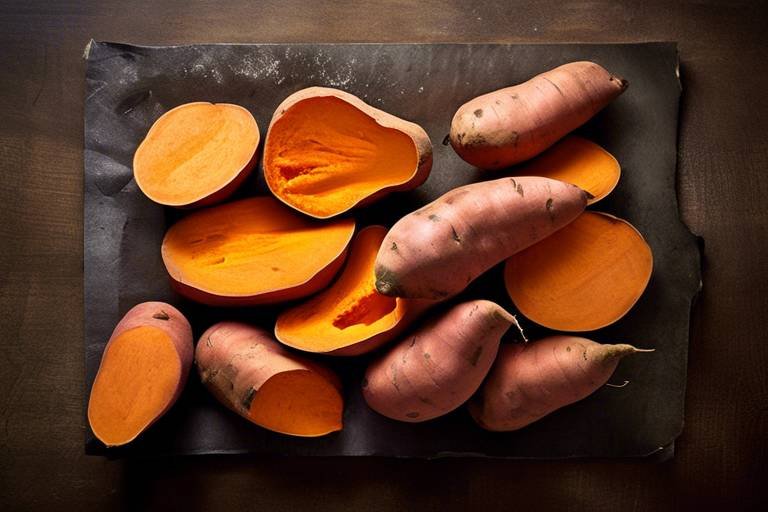10 Creative Ways to Use Fresh Lemons in Cooking
When life gives you lemons, get creative in the kitchen! Fresh lemons are a versatile ingredient that can brighten up any dish with their zesty flavor. Let's explore 10 innovative ways to use fresh lemons in your cooking adventures.
1. Lemon Marinades for Meat and Seafood: Dive into the world of lemon-based marinades that can tenderize and infuse meats and seafood with a burst of citrusy goodness. Perfect for grilling or roasting, these marinades will elevate your dishes to a whole new level.
2. Lemon Infused Olive Oil and Vinegar: Elevate your salads, marinades, and dressings by making your own lemon-infused olive oil and vinegar. The tangy and aromatic touch of lemon will add a refreshing twist to your culinary creations.
3. Lemon Zest in Baking: Unlock the secret to enhancing the flavor of your baked goods by incorporating lemon zest. Whether it's cakes or cookies, the addition of lemon zest will bring a bright and citrusy note that will delight your taste buds.
4. Lemon Herb Butter: Experience the versatility of lemon herb butter as a flavorful addition to grilled meats, seafood, and vegetables. This compound butter combines the freshness of lemon with aromatic herbs for a mouthwatering finish.
5. Lemon Cured Fish: Discover how fresh lemons can be used to cure fish, creating a delicate and flavorful dish perfect for appetizers or light meals. The bright citrus flavor imparted by lemons adds a unique twist to this culinary creation.
6. Lemon Sorbet and Granita: Treat yourself to the refreshing and tangy flavors of homemade lemon sorbet and granita. These frozen desserts are a delightful way to cool off on hot summer days, offering a sweet and tart citrusy indulgence.
7. Lemon-Pepper Seasoning Blend: Spice up your dishes with a homemade lemon-pepper seasoning blend using fresh lemon zest and cracked black pepper. This zesty seasoning will add a flavorful kick to everything from grilled chicken to roasted vegetables.
8. Lemon Curd and Lemon Bars: Indulge in the sweet side of lemons with luscious lemon curd and tangy lemon bars. These decadent treats showcase the bright and citrusy flavor of lemons in a rich and satisfying dessert experience.
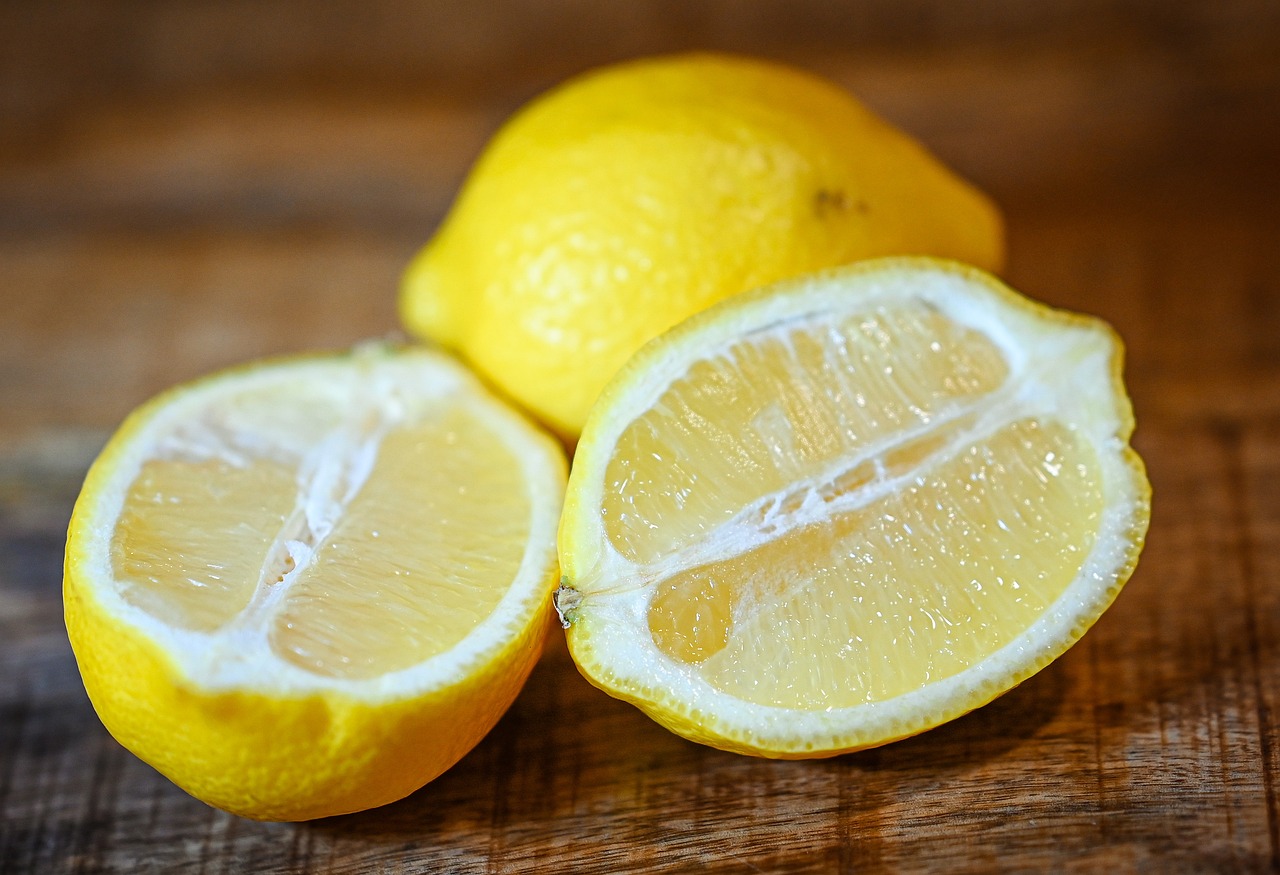
Lemon Marinades for Meat and Seafood
When it comes to infusing meats and seafood with a burst of bright and zesty flavor, lemon marinades are a game-changer in the culinary world. The acidity of lemons not only tenderizes the proteins but also adds a refreshing citrus note that complements a variety of dishes. Whether you are grilling a juicy steak or roasting a succulent piece of fish, a lemon marinade can take your meal to a whole new level.
Creating a lemon marinade is a simple yet effective process. By combining freshly squeezed lemon juice with olive oil, garlic, herbs, and spices, you can create a marinade that not only enhances the flavor of the meat or seafood but also helps to keep it moist and tender during cooking. The acidity of the lemon juice helps to break down the fibers in the protein, resulting in a more flavorful and tender end product.
One of the key benefits of using lemon marinades is their versatility. You can customize the flavors by adding ingredients like honey for sweetness, soy sauce for umami richness, or chili flakes for a spicy kick. Whether you prefer a Mediterranean-inspired marinade with oregano and thyme or a tropical twist with coconut milk and ginger, the possibilities are endless when it comes to creating unique and delicious lemon marinades.
Not only do lemon marinades add flavor to meat and seafood, but they also help to create a beautiful caramelized crust when grilled or roasted. The sugars in the lemon juice caramelize on the surface of the protein, creating a delicious golden crust that adds depth and texture to the dish. Additionally, the citrusy notes of the lemon help to cut through the richness of the meat or seafood, balancing out the flavors for a harmonious taste experience.
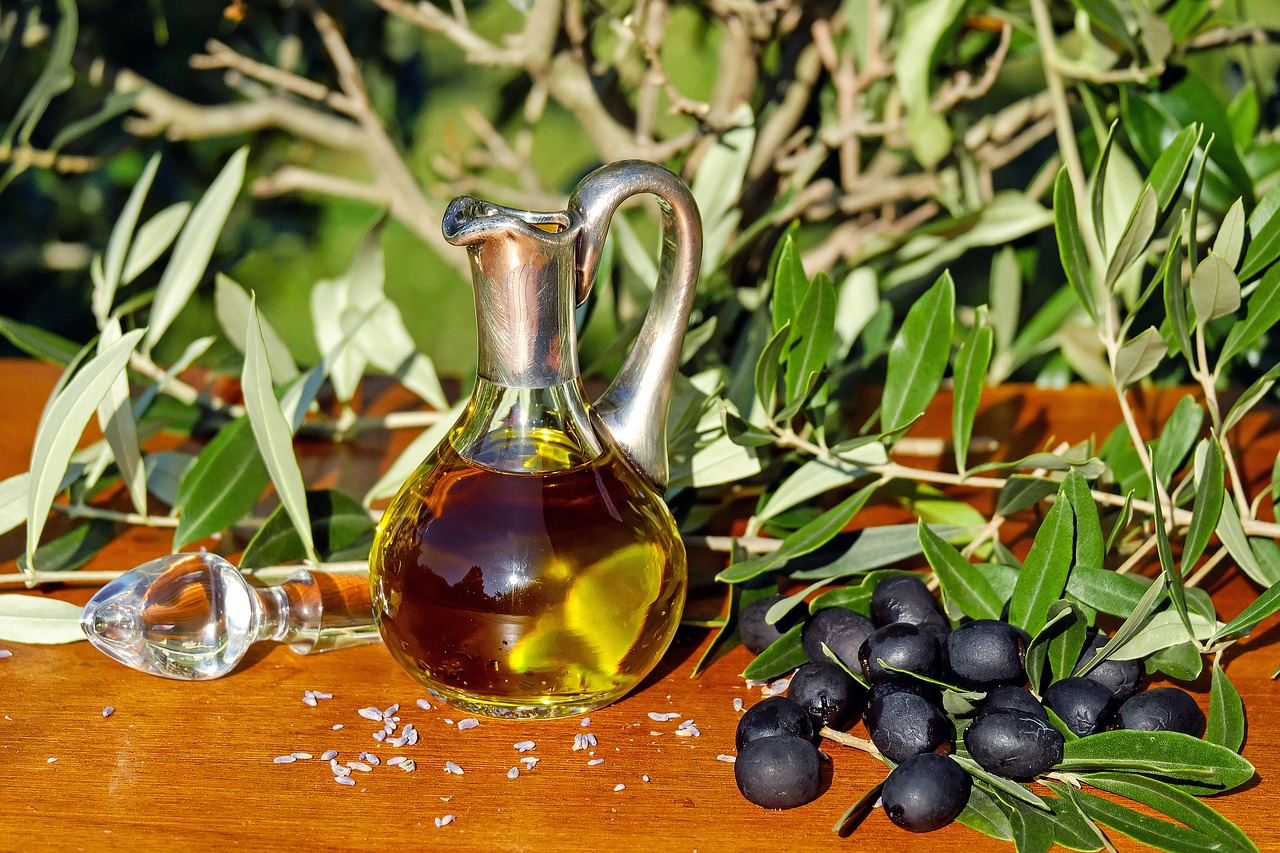
Lemon Infused Olive Oil and Vinegar
When it comes to enhancing the flavors of your dishes, lemon-infused olive oil and vinegar are a game-changer. The process of infusing these pantry staples with the bright and zesty essence of lemons is surprisingly simple yet yields incredible results. By steeping lemon zest in high-quality olive oil or vinegar, you can create a versatile condiment that adds a tangy and aromatic touch to a variety of culinary creations.
Imagine drizzling lemon-infused olive oil over a fresh salad, the citrusy notes dancing on your taste buds with each bite. Or using lemon-infused vinegar to marinate meats, infusing them with a burst of flavor that elevates the dish to a whole new level. The possibilities are endless when you have a bottle of this flavorful elixir in your kitchen.
Not only does lemon-infused olive oil and vinegar add depth and complexity to savory dishes, but they can also be used in dressings, marinades, and even as a finishing touch for roasted vegetables. The tangy brightness of the lemon cuts through richness, balancing out the flavors and leaving a refreshing finish.

Lemon Zest in Baking
When it comes to baking, lemon zest is like a magic ingredient that can transform ordinary desserts into extraordinary delights. The finely grated outer peel of a lemon contains essential oils that pack a punch of citrusy flavor without the acidity of the juice. Adding lemon zest to your baking recipes can brighten up the taste profile and provide a refreshing twist that keeps your taste buds dancing.
Imagine biting into a fluffy lemon zest-infused cake and being greeted by bursts of zesty freshness with every mouthful. The aroma alone can transport you to a sunny orchard filled with ripe lemons ready to be picked. Whether you're baking cookies, muffins, or scones, a sprinkle of lemon zest can elevate the overall taste and leave a lingering, pleasant aftertaste.
One creative way to incorporate lemon zest in baking is by making lemon zest sugar. Simply mix finely grated lemon zest with sugar and let it sit for a while to infuse the sugar with the citrusy essence. This lemon-infused sugar can then be used in various recipes to add a subtle yet impactful lemon flavor to your baked goods.
For a more intense lemon flavor, consider making lemon zest extract by steeping lemon zest in alcohol. This extract can be used sparingly in recipes that require a concentrated lemon kick, such as lemon tarts or lemon-flavored frosting. The possibilities are endless when it comes to experimenting with lemon zest in baking.
Next time you're in the kitchen whipping up a batch of your favorite baked treats, don't forget to reach for a fresh lemon and zest away. Your desserts will thank you for the burst of citrusy goodness that lemon zest brings to the table.

Lemon Herb Butter
When it comes to enhancing the flavors of grilled meats, seafood, and vegetables, is a versatile and delicious addition. Imagine a creamy, tangy mixture of butter infused with the freshness of lemon and the aromatic essence of herbs. This compound butter not only adds a burst of flavor but also provides a luxurious finishing touch to your dishes.
To create your own , start by softening unsalted butter and mixing it with freshly grated lemon zest. The zest adds a bright citrusy note that complements the richness of the butter. Next, finely chop a selection of fresh herbs such as parsley, thyme, and chives. These herbs not only enhance the flavor profile but also add a pop of color to the butter.
Combine the softened butter, lemon zest, and chopped herbs in a bowl, and season with a pinch of salt and pepper to taste. Mix everything together until well incorporated, then shape the mixture into a log using plastic wrap. Refrigerate the butter log until firm, allowing the flavors to meld together and intensify.
Once the is chilled and set, slice it into rounds and serve on top of hot-off-the-grill steaks, roasted vegetables, or seared seafood. As the butter melts, it releases a burst of citrusy aroma and herbaceous flavors, transforming your dish into a gourmet experience.
Whether you're hosting a backyard barbecue or preparing a cozy dinner at home, is a simple yet elegant way to elevate your culinary creations. It's a condiment that not only tantalizes the taste buds but also adds a touch of sophistication to any meal.
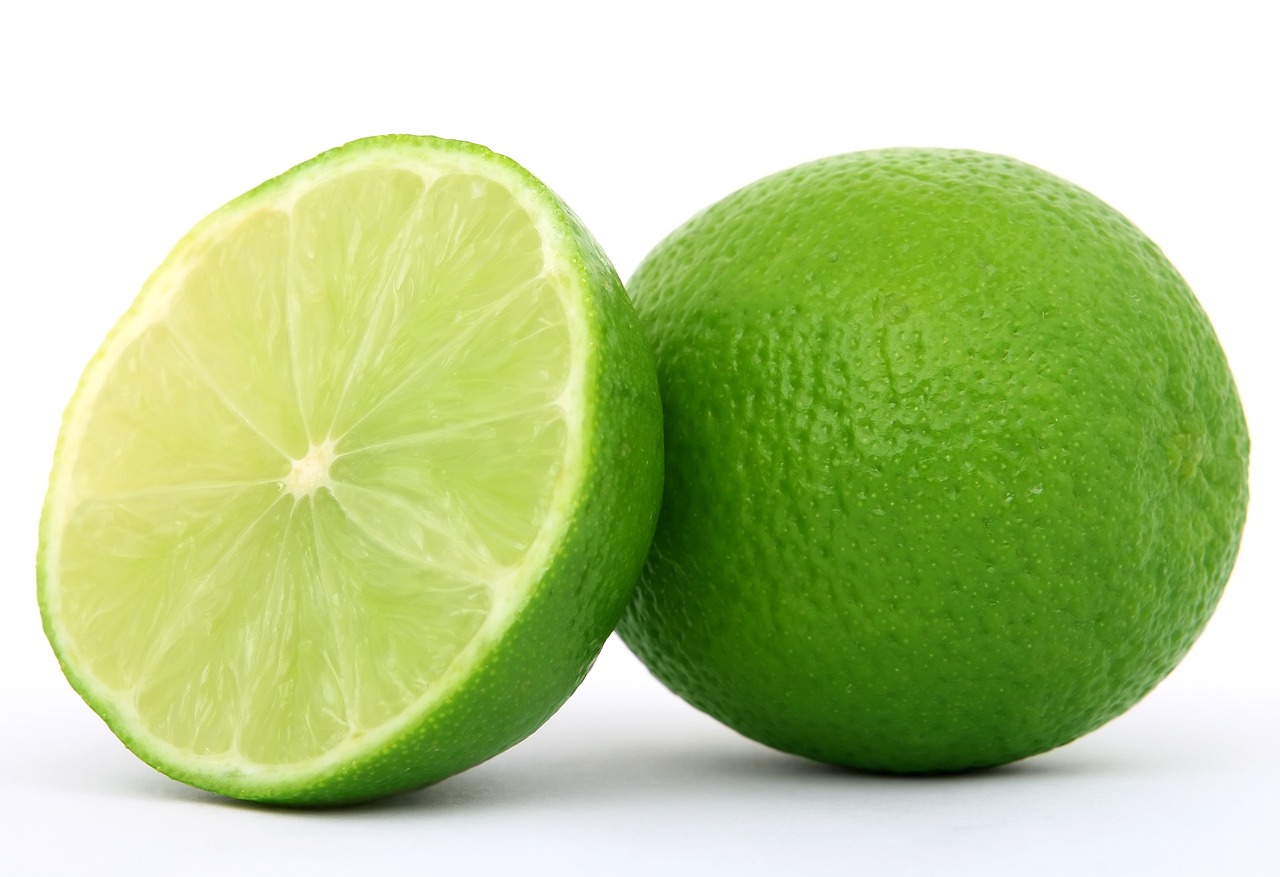
Lemon Cured Fish
When it comes to creating a delicate and flavorful dish, lemon-cured fish is a standout option that never fails to impress. The process of curing fish with fresh lemons not only adds a bright and citrusy flavor but also helps to cook the fish through the acidity of the lemons. This technique is perfect for preparing appetizers or light meals that are as visually appealing as they are delicious.
To begin the lemon curing process, you will need fresh, high-quality fish fillets. The type of fish you choose can vary depending on your preference, with options like salmon, trout, or mackerel working well for this method. The key is to ensure that the fish is fresh and of good quality to achieve the best results.
Next, prepare a mixture of fresh lemon juice, lemon zest, salt, sugar, and any additional herbs or spices you desire. The combination of these ingredients will create a flavorful curing mixture that will infuse the fish with a burst of citrusy goodness. Spread a layer of the curing mixture on the fish fillets, ensuring that they are evenly coated.
Once the fish is coated with the curing mixture, cover it tightly with plastic wrap and refrigerate for the specified amount of time. The curing process can take anywhere from a few hours to a couple of days, depending on the thickness of the fish fillets and the desired level of flavor intensity.
After the curing period is complete, remove the fish from the refrigerator and rinse off the curing mixture. You will notice that the fish has taken on a firmer texture and a bright, fresh flavor that is enhanced by the lemon infusion. Slice the cured fish thinly and serve it as an elegant appetizer or as part of a light and refreshing meal.
Overall, lemon-cured fish is a delightful culinary creation that showcases the versatility and freshness of lemons in a unique and flavorful way. Whether you are hosting a dinner party or simply looking to impress your taste buds, this dish is sure to be a hit with its bright citrus notes and delicate texture.

cook
Discover innovative ways to incorporate the bright and zesty flavor of fresh lemons into your culinary creations. From savory dishes to sweet treats, lemons can elevate the taste of various recipes and add a refreshing twist.
Explore how lemon-based marinades can tenderize and infuse meats and seafood with a burst of citrus flavor, creating delicious and aromatic dishes that are perfect for grilling or roasting.
Learn how to make your own lemon-infused olive oil and vinegar, adding a tangy and aromatic touch to salads, marinades, and dressings. This simple yet flavorful condiment can elevate the taste of any dish.
Discover the secret to enhancing the flavor of baked goods by incorporating lemon zest. From cakes to cookies, lemon zest adds a bright and citrusy note that complements a variety of sweet treats.
Explore the versatility of lemon herb butter as a flavorful addition to grilled meats, seafood, and vegetables. This compound butter combines the freshness of lemon with aromatic herbs for a delicious finishing touch.
Learn how to use fresh lemons to cure fish, creating a delicate and flavorful dish that is perfect for appetizers or light meals. The acidity of lemons helps to cook the fish while imparting a bright citrus flavor.
Indulge in the refreshing and tangy flavors of homemade lemon sorbet and granita. These frozen desserts are perfect for hot summer days, offering a cooling and citrusy treat that is both sweet and tart.
Create your own lemon-pepper seasoning blend using fresh lemon zest and cracked black pepper. This versatile seasoning adds a zesty kick to a variety of dishes, from grilled chicken to roasted vegetables.
Explore the sweet side of lemons with luscious lemon curd and tangy lemon bars. These delightful treats showcase the bright and citrusy flavor of lemons in rich and decadent desserts that are sure to impress.
When it comes to using fresh lemons in cooking, one of the key techniques is to cook with them. Lemons can be used to cook fish, chicken, and even vegetables. The acidity of lemons not only adds a bright and tangy flavor to the dish but also helps to tenderize the ingredients. Whether you are baking, grilling, or sautéing, incorporating fresh lemon juice or zest can take your culinary creations to the next level.
Q: Can I substitute bottled lemon juice for fresh lemons in these recipes?
A: While bottled lemon juice can be used as a substitute in some cases, the flavor may not be as fresh and vibrant as using fresh lemons. It's recommended to use fresh lemons for the best results.
Q: How long can I store lemon-infused olive oil?
A: Lemon-infused olive oil can be stored in a cool, dark place for up to 1 month. Make sure to use a clean and airtight container to preserve the flavor.
Q: Are lemon bars suitable for freezing?
A: Yes, lemon bars can be frozen for up to 2-3 months. Wrap them tightly in plastic wrap or aluminum foil before freezing to maintain their texture and flavor.
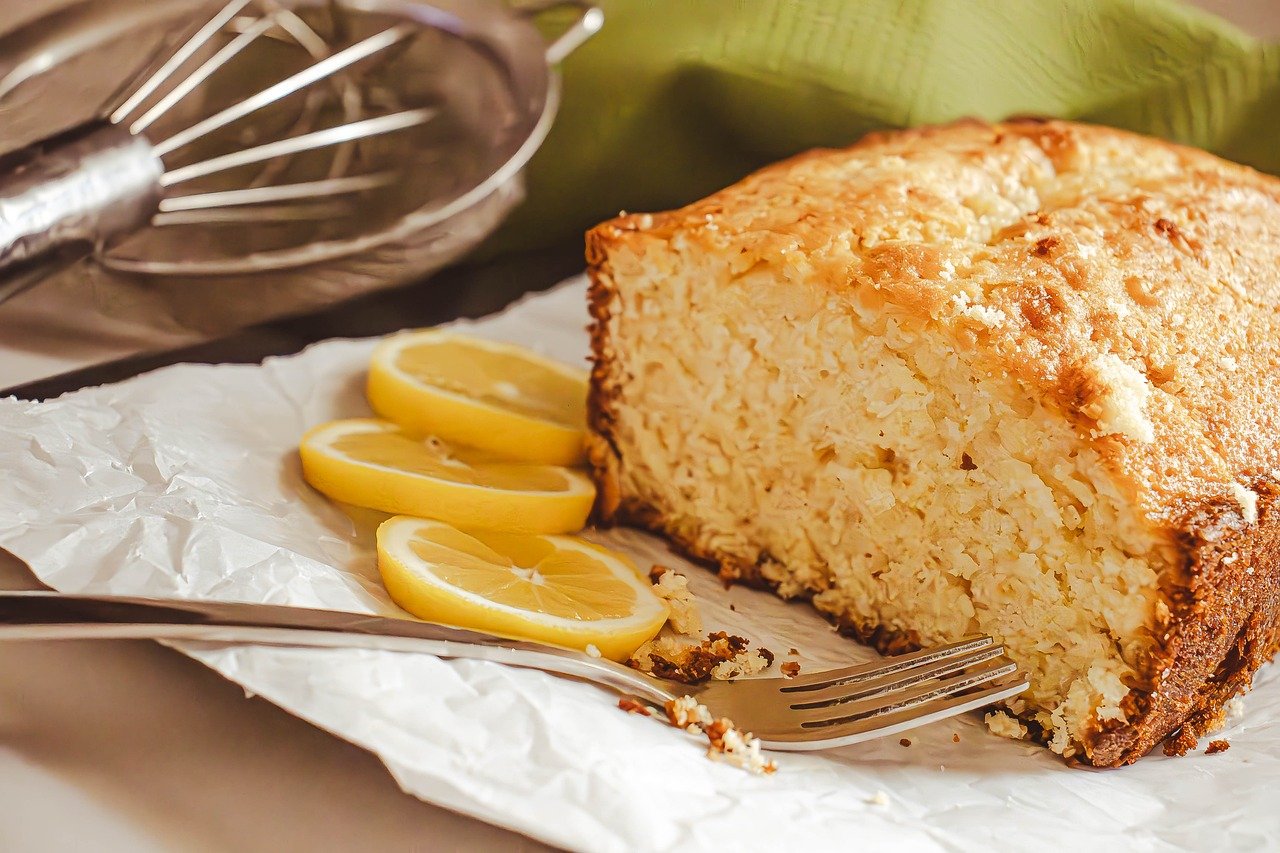
the fish while imparting a bright citrus flavor.
Lemon cured fish is a delightful dish that involves using fresh lemons to cure the fish, resulting in a delicate and flavorful outcome. The acidity of lemons not only helps to "cook" the fish but also imparts a bright citrus flavor that enhances the overall taste profile. This method of preparation is perfect for creating appetizers or light meals that are both refreshing and satisfying.

Lemon Sorbet and Granita
Discover innovative ways to incorporate the bright and zesty flavor of fresh lemons into your culinary creations. From savory dishes to sweet treats, lemons can elevate the taste of various recipes and add a refreshing twist.
Indulge in the refreshing and tangy flavors of homemade lemon sorbet and granita. These frozen desserts are perfect for hot summer days, offering a cooling and citrusy treat that is both sweet and tart. The combination of lemon's acidity and sweetness creates a delightful contrast that tantalizes the taste buds. Making your own lemon sorbet and granita allows you to control the level of sweetness and intensity of lemon flavor, ensuring a custom-made dessert tailored to your preferences.
Q: Can I use bottled lemon juice instead of fresh lemons in these recipes?
A: While fresh lemons are preferred for their vibrant flavor, you can substitute bottled lemon juice in a pinch. Just be mindful of the concentration and adjust the quantity accordingly to achieve the desired taste.
Q: Are there any alternative citrus fruits that can be used as substitutes for lemons?
A: Yes, you can experiment with limes, oranges, or grapefruits to add a different citrus twist to your dishes. Each citrus fruit brings its unique flavor profile, so feel free to get creative with your substitutions.
Q: How long can lemon-infused olive oil and vinegar be stored?
A: Properly stored in a cool, dark place, lemon-infused olive oil can last up to 3 months, while lemon-infused vinegar can last up to 6 months. It's essential to keep them sealed tightly to maintain their freshness and flavor.
Q: Can I freeze lemon curd and lemon bars for later consumption?
A: Yes, both lemon curd and lemon bars can be frozen for future enjoyment. Ensure they are stored in airtight containers to prevent freezer burn, and allow them to thaw in the refrigerator before serving.

Lemon-Pepper Seasoning Blend
Creating your own lemon-pepper seasoning blend is a fantastic way to add a burst of zesty flavor to your dishes. By combining the bright citrus notes of fresh lemon zest with the bold kick of cracked black pepper, you can elevate the taste of a variety of recipes. This versatile seasoning is a must-have in any kitchen, offering a perfect balance of tanginess and spiciness that can enhance the flavor profile of both meats and vegetables.
To make your own lemon-pepper seasoning blend, start by grating the zest of fresh lemons using a fine grater. Be sure to only grate the outer yellow part of the peel, as the white pith underneath can be bitter. Mix the lemon zest with freshly cracked black pepper in a bowl, adjusting the ratio to suit your taste preferences. You can also add a pinch of salt or other herbs and spices like garlic powder or parsley for extra depth of flavor.
This homemade lemon-pepper seasoning blend can be used as a dry rub for meats before grilling or roasting, sprinkled on vegetables before roasting, or added to marinades and dressings for an extra pop of flavor. It pairs wonderfully with chicken, fish, shrimp, and even roasted potatoes. The bright acidity of the lemon zest cuts through the richness of meats, while the heat of the black pepper adds a spicy kick that tantalizes the taste buds.
Experiment with different variations of lemon-pepper seasoning by adjusting the ratio of lemon zest to black pepper or incorporating other herbs and spices. Store your homemade seasoning blend in an airtight container in a cool, dark place to preserve its freshness and flavor. With this simple yet flavorful blend on hand, you can easily elevate the taste of your dishes and impress your family and friends with your culinary skills.
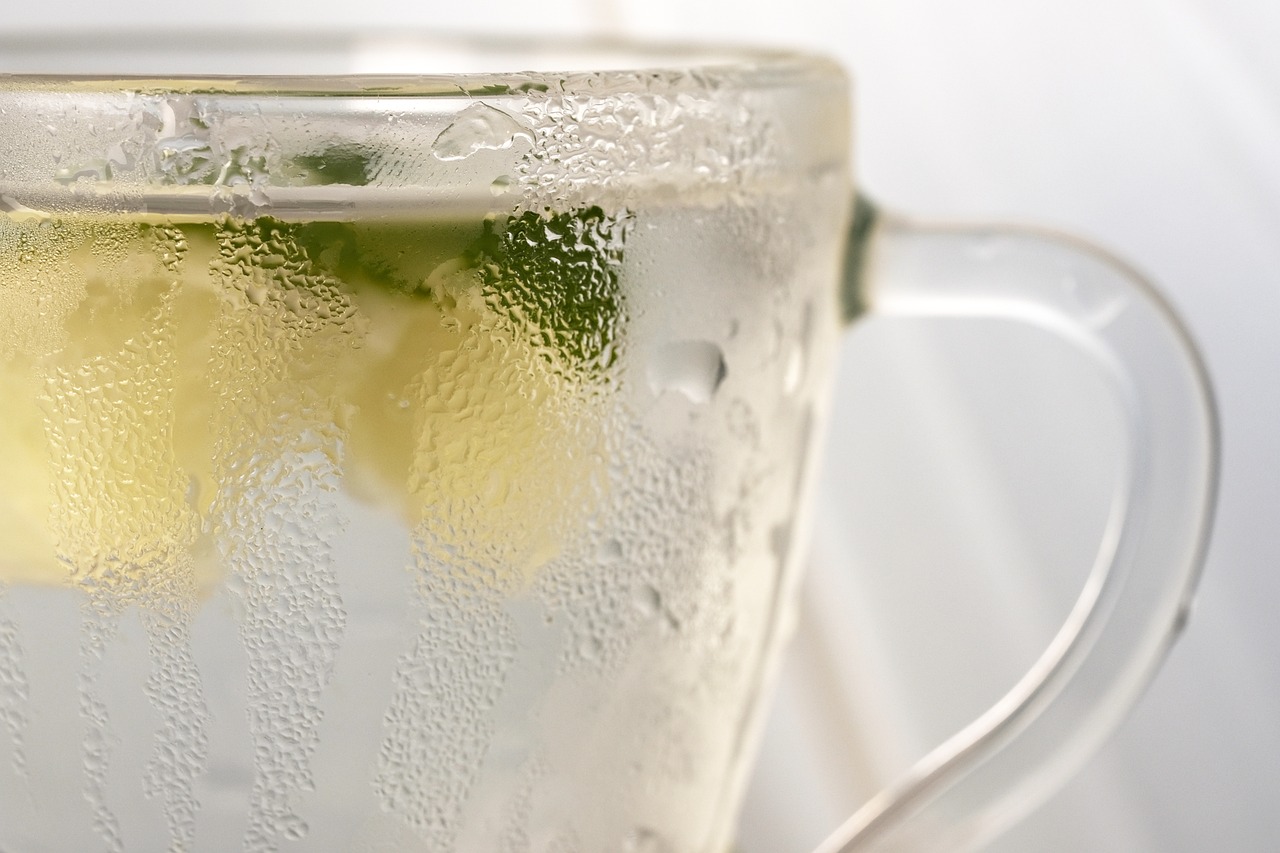
Lemon Curd and Lemon Bars
Lemon curd and lemon bars are delightful dessert options that showcase the vibrant and citrusy flavor of fresh lemons in a sweet and tangy way. Lemon curd is a luscious spread made from lemon juice, zest, sugar, eggs, and butter, creating a rich and creamy texture bursting with lemony goodness. It can be used as a filling for tarts, cakes, or spread on scones for a zesty treat.
On the other hand, lemon bars are a classic dessert consisting of a buttery shortbread crust topped with a tangy lemon filling and dusted with powdered sugar. The combination of buttery crust and tart lemon filling creates a perfect balance of flavors that is both refreshing and indulgent.
When making lemon bars, the key is to achieve the right balance between the sweetness of the crust and the tartness of the lemon filling. The lemon curd used in lemon bars should be smooth and velvety, with a bright and citrusy flavor that shines through with every bite.
Whether you prefer the creamy richness of lemon curd or the crispness of lemon bars, both desserts offer a delightful way to enjoy the fresh and zesty taste of lemons in a sweet and satisfying treat.
Frequently Asked Questions
- Can I substitute bottled lemon juice for fresh lemons in these recipes?
While bottled lemon juice can be used as a substitute in a pinch, fresh lemons provide a superior flavor profile and brightness that truly elevates the dish. Fresh lemon juice and zest offer a more vibrant and authentic citrus taste that enhances the overall culinary experience.
- Are there any tips for selecting the best fresh lemons for cooking?
When choosing fresh lemons for cooking, look for fruits that are firm, heavy for their size, and have a bright yellow color. Avoid lemons with soft spots or blemishes, as they may indicate spoilage. Additionally, gently roll the lemon on a countertop before juicing to help release the juices more easily.
- Can I freeze fresh lemon zest for later use?
Absolutely! You can freeze fresh lemon zest for future use by grating the zest from the lemons, spreading it in a thin layer on a baking sheet, and freezing it until solid. Once frozen, transfer the zest to a resealable bag or container and store it in the freezer for up to several months. This allows you to have lemon zest on hand whenever you need it.
- How long does homemade lemon curd stay fresh?
Homemade lemon curd can be stored in an airtight container in the refrigerator for up to two weeks. Make sure to let it cool completely before sealing the container to prevent condensation. If you're not planning to use it within that time frame, you can also freeze lemon curd for longer storage.
- What is the best way to store leftover lemon-infused olive oil?
To maintain the quality and flavor of lemon-infused olive oil, store it in a cool, dark place away from direct sunlight and heat. Make sure the container is airtight to prevent oxidation. It's recommended to use the oil within a few weeks for optimal taste, as the citrus flavor may diminish over time.









